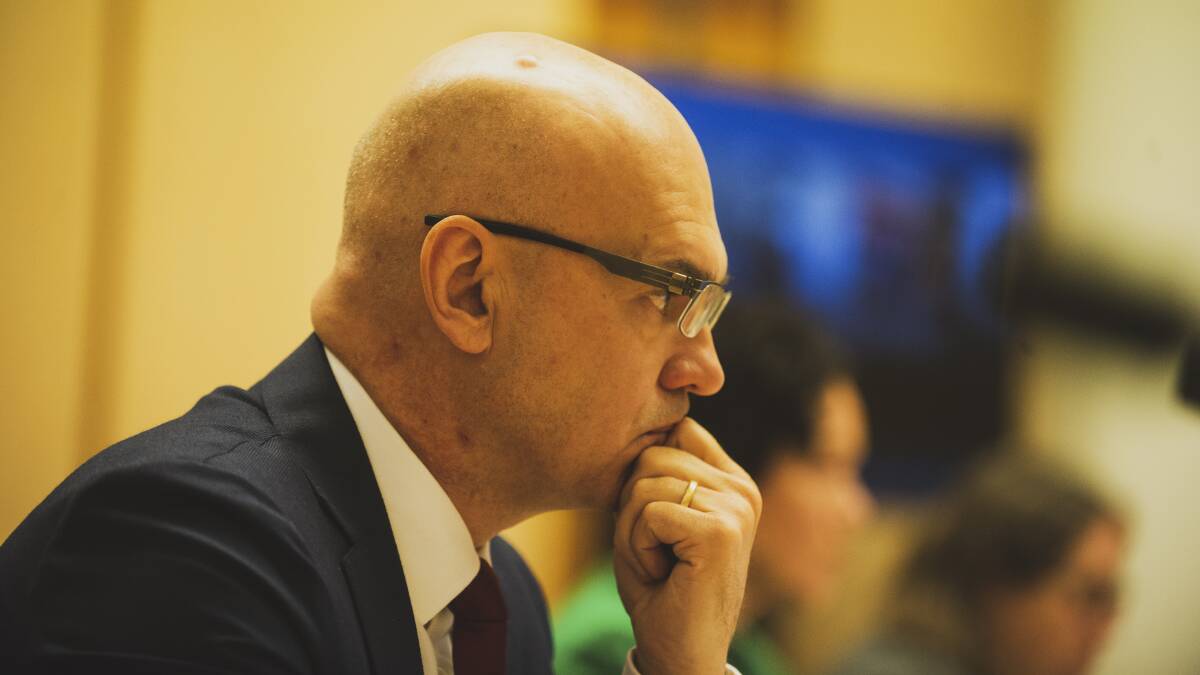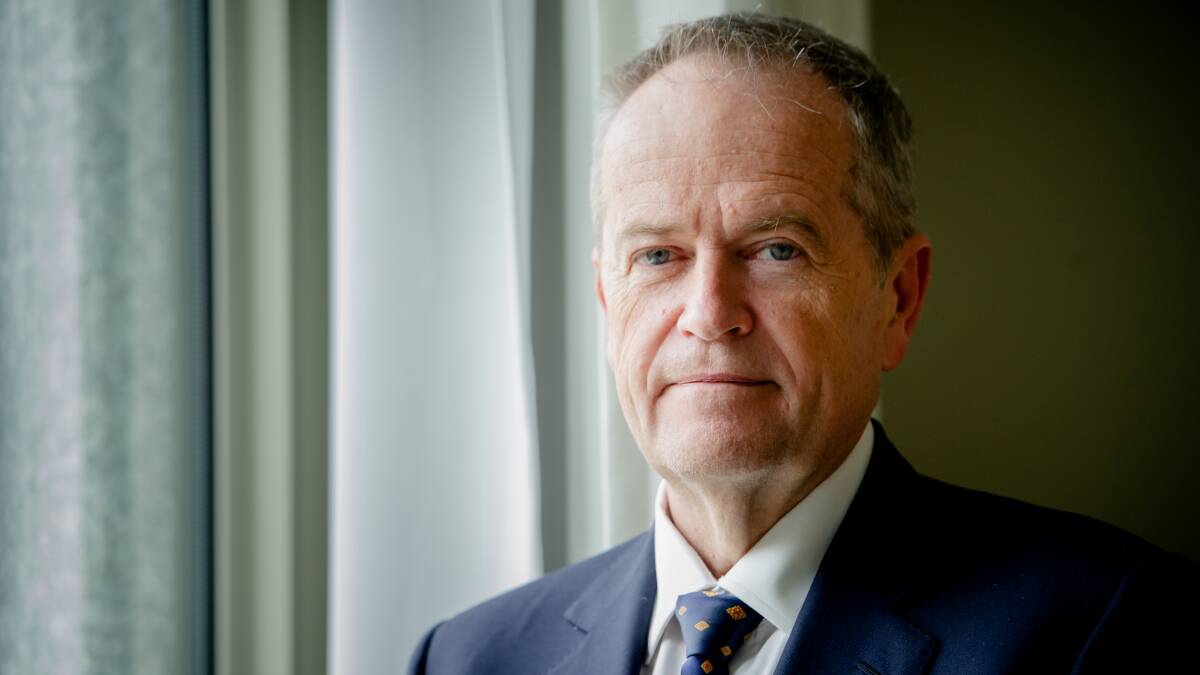
The chief executive of the National Disability Insurance Agency has resigned less than a month after Labor's election victory.
Subscribe now for unlimited access.
$0/
(min cost $0)
or signup to continue reading
Martin Hoffman's resignation was confirmed via a statement from the NDIA's board.
He will depart the agency on July 2, ending a tumultuous tenure which began in November 2019.
While the board praised Mr Hoffman's passion and commitment, leading disability advocates have welcomed his departure as a chance to reset the agency's culture.
One group is calling for a shake-up of the board and is pushing for a person with a disability to be considered for the job of leading the agency.
Mr Hoffman was a divisive figure during a stint which included the independent assessments saga, political debate over the scheme's affordability and soaring numbers of participants challenging funding cuts in the Administrative Appeals Tribunal.
"It has been an absolute privilege to have served in this role for the last three years," Mr Hoffman said in the statement.
"I wish the scheme, and its participants, families, carers and providers all the very best for the future. I thank the amazing staff of the agency for their dedication and support."
NDIA deputy chief executive Lisa Studdert will act in the role as the board embarks on a process to find a permanent replacement.
The position has annual salary of almost $760,000.
New NDIS Minister Bill Shorten last week refused to guarantee Mr Hoffman would remain in the highly paid position, after Labor had been critical of the agency boss while in opposition.
The Canberra Times understands Mr Shorten met Mr Hoffman soon after he was sworn in as minister last week.
Mr Shorten has been keen to spur cultural change at the agency, which he has previously accused of mismanaging a scheme that is forecast to cost $29 billion this financial year.

In a statement, Mr Shorten thanked Mr Hoffman for his service and wished him well for his next endeavours.
New NDIA board chair Denis Napthine praised Mr Hoffman for his stewardship of the scheme as it matured and grew to support more than 520,000 participants.
"He led the agency with passion, grace and commitment, including managing through the impacts of the COVID pandemic," he said in a statement.
Mr Hoffman had an acrimonious, and at times, hostile relationship with sections of the disability sector. It reached a flashpoint during the former Morrison government's failed attempt to subject participants to independent assessments.
Mr Hoffman was among the key architects and advocates for the proposal, which former NDIS minister Linda Reynolds ultimately abandoned last year amid sustained pressure from the disability community and the states and territories.
In the weeks before it was dumped, the agency boss apologised for the handling of the proposal.
"I understand and acknowledge that the proposals we are discussing here have caused real fear, concern and upset in the disability community," he said.
"I deeply regret that our genuine attempts at communication and consultation have evidently not to date been sufficient or appropriate."
People with Disability Australia president Samantha Connor, who has been a critic of Mr Hoffman, welcomed his resignation.
"It is an appropriate outcome and a sign that the new government is serious about cultural change," she said.
Ms Connor said Mr Hoffman's lack of prior experience in the disability sector was a major problem.
After a career in the private sector, Mr Hoffman served in senior positions in the Commonwealth public service before being appointed as the agency's boss in November 2019.
Ms Connor said the the criteria for selecting Mr Hoffman's replacement should be "heavily weighted" toward people with a disability.
Greens disability spokesman Jordon Steele-John, another of Mr Hoffman's most vocal critics, said his departure would "bring so much relief to the disability community".
"Martin Hoffman broke trust with the disability community while CEO of the NDIS, and knowing that he had so much control over your choices was a source of fear for many," he said in a post on social media.


